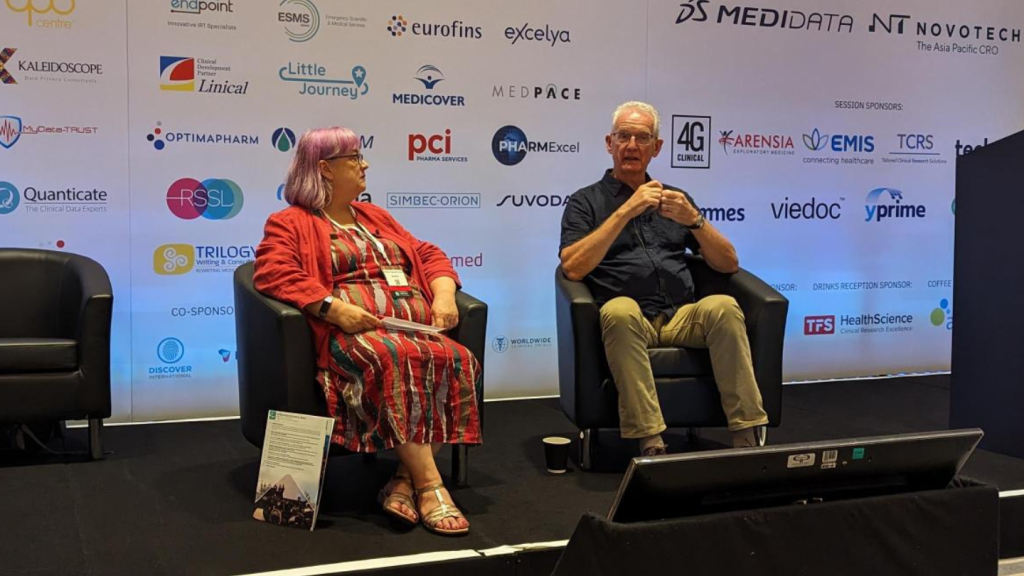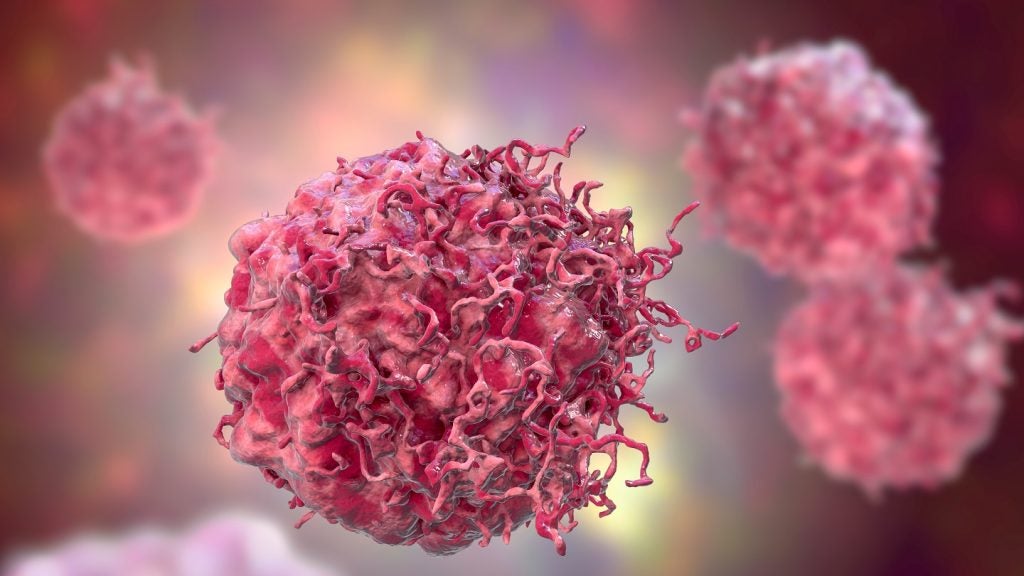Cancer Research UK (CRUK) is soon to move away from its UK-centric model as it is in conversation with other European cancer charities about collaboration in early phase trials.
Director of drug development, Dr Nigel Blackburn, said that it is no longer viable to only run trials in the UK, and that conversations about the future of CRUK being international have been had during a session at the Arena International Outsourcing in Clinical Trials UK and Ireland conference in London on 6 September.
The move comes as the number of commercial trials initiated in the UK dropped by 44% over the past five years, a big hit for the country which led to a review by Lord James O’Shaughnessy. His report has brought up a number of points of improvement for the industry which are already being acted upon.
The report has been met relatively well by the industry, with Dr Blackburn saying that he does have hope that the industry can improve but that it has a long way to go.
Dr Blackburn said: “I am pessimistic that in the short term things are going to get better quickly because a lot of this systemic change is going to take a long time to bear fruit. I would say, don't expect to see rapid improvement, but I do believe that there is some attention from government now coming around the late realisation that clinical trials are good for the country in so many different ways, not only the patients, but also for the research ecosystem for countries finances.”
The issue for CRUK, Dr Blackburn explained is that as a charity, the commercial improvements will not have an impact on them. As a result of continued issues of operating trials in just the UK, the charity is in discussions with the Dutch Cancer Society and the Norwegian Cancer Society, to collaborate on early-phase research with hopes that this could branch out further in Europe and across the world.
The news has not been met particularly well by everyone who works with CRUK, with some oncologists and principal Investigators hitting back as they feel it is taking research opportunities away from the country. However, Dr Blackburn said that it will in fact have real benefit to everyone involved in cancer research in the country.
Dr Blackburn added: “We are getting our message across to our supporters that to solve the world’s most difficult problems you need the world's best brains and they're not all here in the UK. A lot of them are, but they're everywhere. The way to do this, [is] you’re picking the best scientists around the world and funding throughout the world.”
















